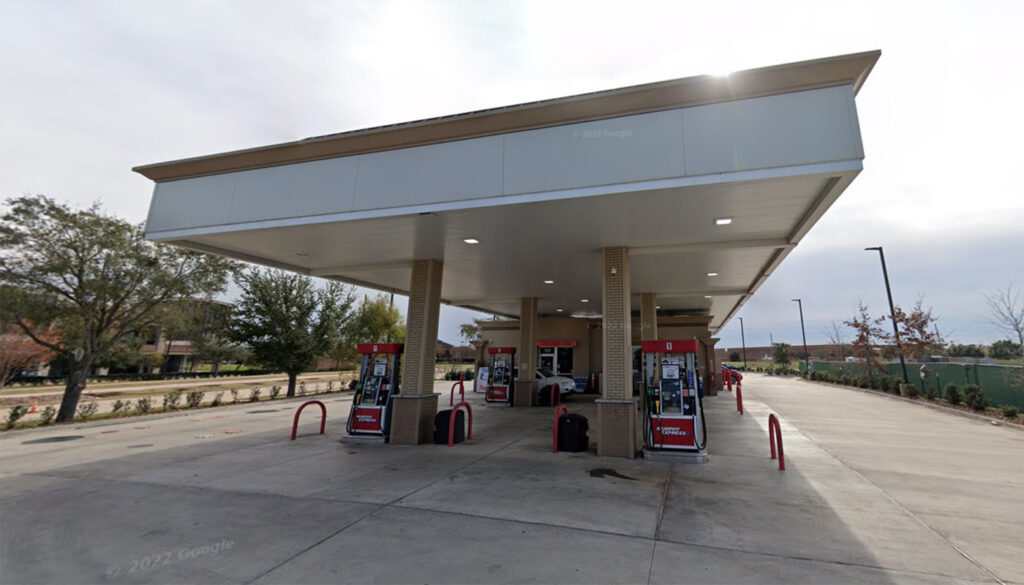U.S. consumers face higher gasoline prices following President Donald Trump’s Saturday announcement of new tariffs on Canadian and Mexican oil imports, according to industry analysts and fuel traders.

The White House imposed a 10% tariff on Canadian energy products and 25% on Mexican imports, effective Tuesday, as part of broader trade measures targeting illegal immigration and drug smuggling. The action affects approximately 4 million barrels per day of Canadian oil and 450,000 barrels of Mexican crude.
The tariffs particularly impact Midwest refineries, which process 70% of U.S. Canadian oil imports. Gulf Coast facilities, primary consumers of Mexican crude, maintain more flexibility in sourcing alternative supplies.
“Expect fuel prices will rise noticeably if oil and refined products are not exempt,” GasBuddy analyst Patrick De Haan said. He warns consumer costs will increase the longer tariffs remain in place.
The American Fuel and Petrochemical Manufacturers Association urged swift removal of the tariffs before consumer impact intensifies.
White House officials said Trump initially planned 25% tariffs on all Canadian and Mexican goods but reduced the Canadian energy levy to 10% to minimize fuel price increases.
The policy creates challenges for the integrated North American oil trade. U.S. refineries are specifically designed for Canadian and Mexican crude grades, while Canada’s production exceeds domestic demand.
“The oil in Alberta doesn’t have much of an option where it goes, and the refiners in the Midwest don’t have much of an option on where they get the feedstock,” said John LaForge of Wells Fargo Investment Institute.
East Coast consumers may face additional pressures. The region relies on Canadian imports through Irving Oil’s St. John’s refinery in New Brunswick to supplement local production and pipeline deliveries from the Gulf Coast.
Fuel retailers indicate they must pass costs to consumers as industry profit margins have normalized post-pandemic amid oversupply and slowing demand growth.
“Whatever the cost is, ultimately it ends up in the consumer’s lap, and there’s nothing we can do about it,” said Alex Ryan, energy director at Kansas-based Oasis Energy.
Midwest price increases may lag initially due to recent stockpiling of Canadian oil by refiners. However, analysts agree costs will eventually rise across all regions.



